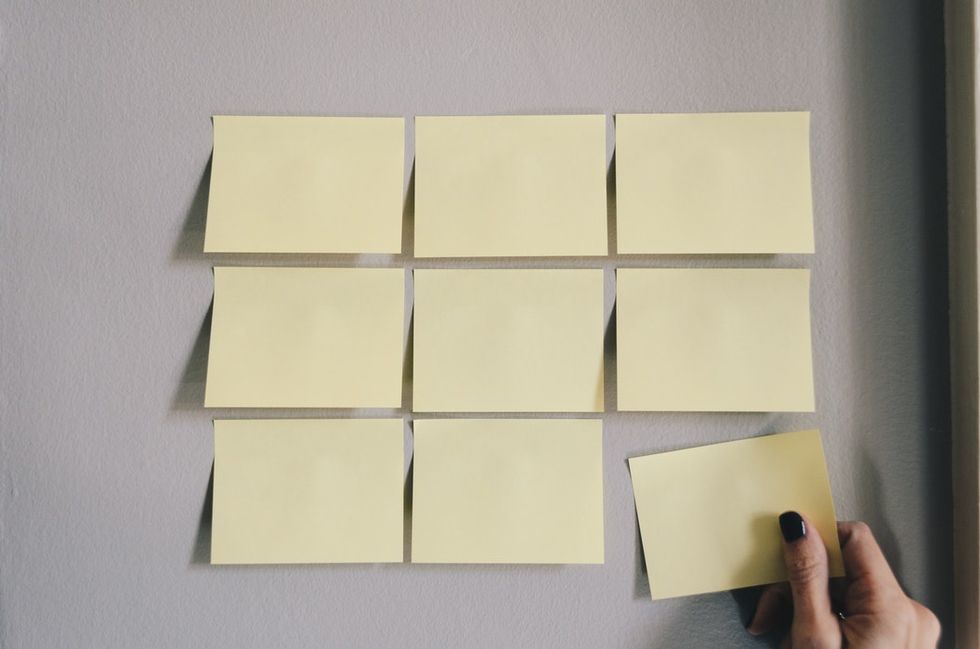I've had the issue of studying for hours and when the test comes not remembering the information ever since my first test. Recently though, I found some methods that drill the material in my head effectively and are kind of fun at the same time.
1. Rubber duck method.
With this method, you grab a rubber duck, stuffed animal, or even a fellow classmate and try to teach them what you learned. What this does is it gives you a different perspective on what you're learning as well as proves whether you know the material or not. There is nothing more telling than when you are able to teach a subject or not after studying it.
2. Method of Loci.
This method involves imagining yourself walking through a familiar area like your house and associating important information with things in that area. During the test, you can then imagine walking through the house and spark your memory if you get stuck. For example, if you associate E=MC^2 with your front door and during the test you forget, you can just imagine walking through your house and when you see the front door you'll remember the equation. It's as simple as that.
3. Study in an area similar to the test area.
My old high school psychology teacher would always open up his room during lunch time the week of an exam. He did this because if we studied in the room where we are taking the test, we will be able to recall the information better. If you cant study in the same room as the test, try to replicate it. Dress the same when studying and taking the test, use the same cologne, or have the same bracelet on. Keep as many things similar when you study and take the test as possible.
4. Don't just memorize.
When you only memorize, the information is put in the short-term memory. But if you actually learn the material and know the how and why, then the information will be stored in the long-term memory. Starting this method early on day one keeps you from cramming the lesson from the first week the night before the final.
5. Listen and watch.
Make more than just Quizlets and study guides, and read everything all night until you're blue in the face. Your teacher may not have explained the subject well, yet someone else may have. Watch videos of others explaining what you're studying and listen to lectures from other professors. You can even ask a classmate to explain it to you.
6. Color code.
Color coding notes helps you visually see what you need help with. Highlight notes in two different ways. Have certain colors represent how well you know information - like pink highlighted material can mean it's harder to learn or just requires more time devoted to learning it. Or color code based off subject. Pink highlight can be material from lesson one, etc.



















